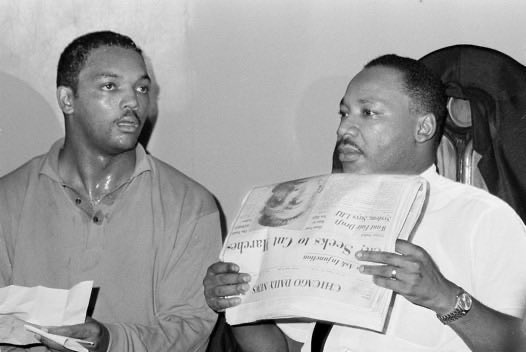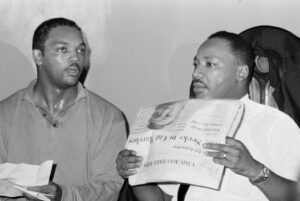Assata Shakur, Tupac’s Godmother and Black Liberation Icon, Dies in Exile at 78
Assata Shakur in Havana, Cuba, where she lived in exile for over four decades.
A Revolutionary Chapter Closes
On September 25, 2025, Cuba’s Ministry of Foreign Affairs confirmed the passing of Assata Olugbala Shakur in Havana as reported by Associated Press. She was 78 years old.
Her daughter, Kakuya Shakur, shared that her mother “took her last earthly breath” around 1:15 pm local time. Shakur’s death marks the end of a controversial yet defining era in Black liberation history.
“Assata was more than a fugitive or activist — she became a symbol of resistance against oppression.”
From Queens to the Black Liberation Army
Born in Queens, New York, Assata (formerly JoAnne Deborah Byron, also known as Joanne Chesimard) became radicalized during the 1960s struggle against systemic racism. She joined the Black Panther Party before aligning with the Black Liberation Army (BLA).
Her life changed forever on May 2, 1973, during a confrontation on the New Jersey Turnpike that left State Trooper Werner Foerster dead. Shakur was convicted of murder in 1977 and sentenced to life in prison. She always maintained her innocence, arguing she was targeted for her political work.
In 1979, with the help of allies, Shakur escaped from prison and later surfaced in Cuba, where she was granted asylum.
Life in Exile
For more than four decades, Assata lived in Havana, raising her daughter and writing her influential autobiography, Assata. She became a cultural and political figurehead for global movements, while remaining a wanted fugitive in the United States.
In 2013, the FBI added her to its Most Wanted Terrorists list — the first woman ever placed on it. Despite U.S. demands, Cuba refused to extradite her.
Tupac often referenced his godmother Assata Shakur’s influence on his worldview and music.
Connection to Tupac Shakur
For our platform — formerly the media arm of the Tupac Amaru Shakur Center for the Arts — Assata’s passing carries special weight.
She was not only a revolutionary but also the godmother of Tupac Shakur, the legendary rapper and activist whose legacy continues to inspire new generations.
Both Assata and Tupac lived under constant surveillance, pressure, and controversy. Each, in their own way, fought against systemic injustice — Assata through direct action, and Tupac through his music and art.
“I’m for truth, no matter who tells it. I’m for justice, no matter who it is for or against.” – Tupac Shakur
🔗 Read more about Tupac’s legacy here
🔗 Explore our Tupac interview archive
A Divided Legacy
To her supporters, Assata Shakur embodied courage, resilience, and the struggle for freedom. Her name continues to be invoked in movements like Black Lives Matter.
To her critics, she was a fugitive who never paid the full price for a trooper’s death.
What cannot be denied is her lasting impact on activism, art, and the global conversation about justice.
Closing Reflections
“I have been a political prisoner all of my life.” – Assata Shakur
Her death is both an end and a beginning: the end of her physical journey, and the beginning of renewed debate over how history should remember her.
For WorldWide Entertainment TV — with deep ties to the Shakur legacy — Assata’s story reminds us that the fight for justice continues, across generations.
Share this content:














Post Comment